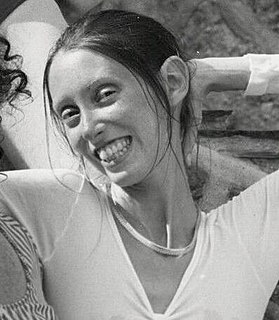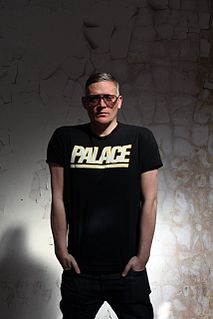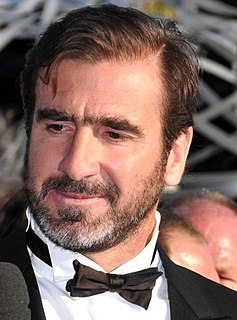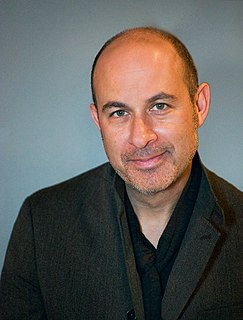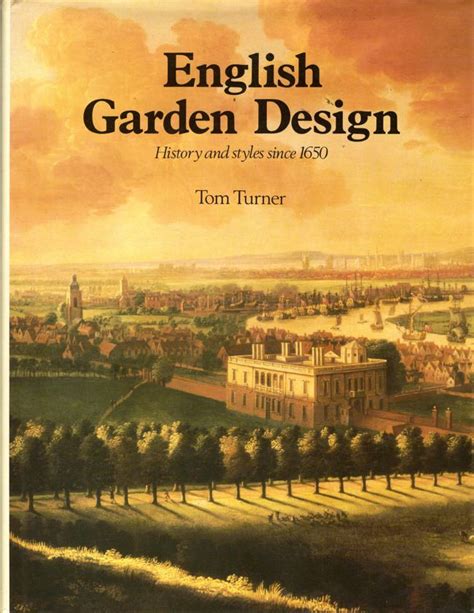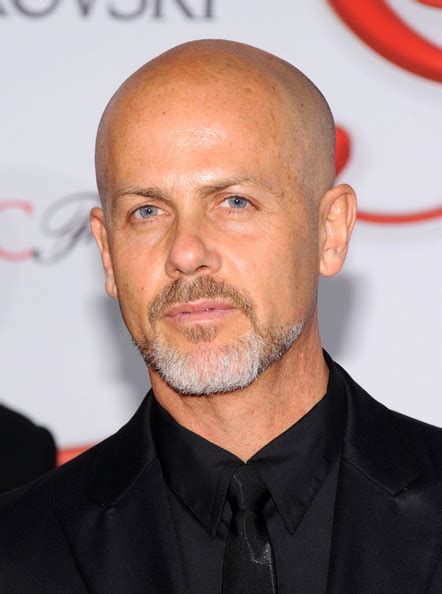Top 1200 Thinking About The Past Quotes & Sayings - Page 18
Explore popular Thinking About The Past quotes.
Last updated on October 9, 2024.
It was much easier for him now that he was smaller to negotiate his way through his crammed shop but he still tried to swagger past the shelves like he used to in the past. The attempt looked so strange that Scipio started to mimic him behind his back. "What's the silly giggling about?" Barbarossa asked when Prosper and Renzo bust out laughing.
You have to remember that you are part of a craft, and you are constantly building your craft. Ultimately, we are artists, so it comes from us. And I think the tricky thing about being an actor is that we're looking for someone else to give us something... Thinking like an artist and thinking like an out-of-work actor are two different things.
With vertical thinking one may look for different approaches until one finds a promising one. With lateral thinking one goes on generating as many approaches as one can even after one has found a promising one. With vertical thinking one is trying to select the best approach but with lateral thinking one is generating different approaches for the sake of generating them.
My past was always there. And I always understood that I was adopted. It wasn't like a massive issue to me. But identity was an issue. I knew that I was Indian, but I didn't really know much about myself, really. I mean, I really disassociated myself from what happened in the past to present. But, it was affecting in regards to identity.
I was fortunate that by the time I was born, there were a lot of comforts and at the same time I lived in a neighborhood where it was brought to my eyes every single day that people didn't live like me. Every day I knew that many of my friends "got relief." That was important in my thinking about the world, thinking that not everybody lived that way.
To do this, you can bring in nothing from the past. So the more psychology you've studied, the harder it will be to empathize. The more you know the person, the harder it will be to empathize. Diagnoses and past experiences can instantly knock you off the board. This doesn't mean denying the past. Past experiences can stimulate what's alive in this moment. But are you present to what was alive then or what the person is feeling and needing in this moment?
My manner of thinking, so you say, cannot be approved. Do you suppose I care? A poor fool indeed is he who adopts a manner of thinking to suit other people! My manner of thinking stems straight from my considered reflections; it holds with my existence, with the way I am made. It is not in my power to alter it; and were it, I'd not do so.
So much of the past in encapsulated in the odds and ends. Most of us discard more information about ourselves than we ever care to preserve. Our recollection of the past is not simply distorted by our faulty perception of events remembered but skewed by those forgotten. The memory is like twin orbiting stars, one visible, one dark, the trajectory of what's evident forever affected by the gravity of what's concealed.
What needs to be discharged is the intolerable tenderness of the past, the past gone and grieved over and never made sense of. Music ransoms us from the past, declares an amnesty, brackets and sets aside the old puzzles. Sing a new song. Start a new life, get a girl, look into her shadowy eyes, smile.
There's nothing to mourn about death any more than there is to mourn about the growing of a flower. What is terrible is not death but the lives people live or don't live up until their death. They don't honor their own lives ... their minds are full of cotton. They swallow God without thinking, they swallow country without thinking. Soon they forget how to think, they let others think for them.... Most people's deaths are a sham. There's nothing left to die.
I think the Titanic disaster has parallels today. The closest think I can think of is the silicon chip.. We're all kind of bowing to this computer god, thinking it's going to fix everything and we're geniuses for inventing this. And, you know, I just think we should pay attention to disasters of the past.
Of course, we always get references from the past, but that doesn't mean that the clothes have to look like the past. We need to look forward, which is why I'm fascinated by new materials, technologies, techniques, and unusual ways to use colors or textures. It's very applicable to Calvin Klein because Calvin Klein has always been about modern-ness.
I take my sport damned seriously. Basketball is my life. There are other people who go into important games as if they were any other game. I'm a brooder and I spend a lot of time thinking about my opponent, about the things he can do and about what I have to do to win. I don't think I'll ever be able to change that.
The killer app that got the world ready for appliances was the light bulb. So the light bulb is what wired the world. And they weren't thinking about appliances when they wired the world. They were really thinking about - they weren't putting electricity into the home. They were putting lighting into the home.










